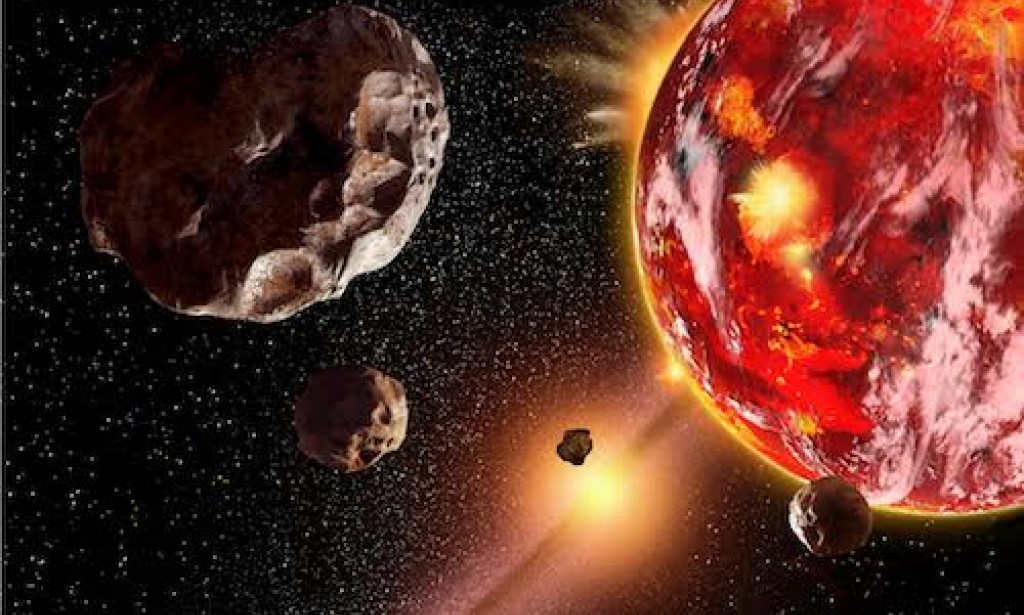A study shows a surprising source for the "amounts of water" that come to Earth
Scientists discovered that some water may have come to Earth on asteroids from the outer reaches of the solar system after studying rare samples obtained during a six-year Japanese space mission.
Researchers are looking at elements that were brought back to Earth in 2020 from the asteroid Ryugu in an effort to learn more about the beginnings of life and the creation of the universe.
A Japanese spacecraft dubbed "Hayabusa-2" that made contact with the celestial body and had an "impact" on its surface was able to collect 5.4 grams of rock and dust.
In June, researchers announced that they had discovered an organic substance that suggested that some of the fundamental building blocks of life on Earth, like amino acids, may have formed in space.
Studies on these substances had already started to be published.
According to a recent study whose findings were published in the journal Nature Astronomy, the Ryugu samples may hold the key to solving the puzzle of how the oceans came being on Earth in the past billions of years.
Researchers welcomed the outcomes provided by the Japanese space mission once more.
The study stated that further research into these priceless samples will undoubtedly help us better understand the processes the early solar system underwent. Unquestionably, among the solar system components available for laboratory investigations, the Ryugu particles rank among the cleanest.
In a related study, which was also published on phys.org, researchers from the Lawrence Livermore National Laboratory (LLNL) claim to have discovered the source of the planet's water through examination of moon rocks.
The Moon is actually a perfect area to seek for hints to Earth's water history because it is devoid of plate tectonics and weathering conditions (the process of breaking down and decomposing rocks, soils, and minerals), processes that frequently obliterate or hide evidence on Earth.
The Moon is drier than the Earth, which has around 70% of its surface covered by water, yet our globe is generally a dry location compared to many other bodies in the solar system.


يجب عليك تسجيل الدخول لتستطيع كتابة تعليق